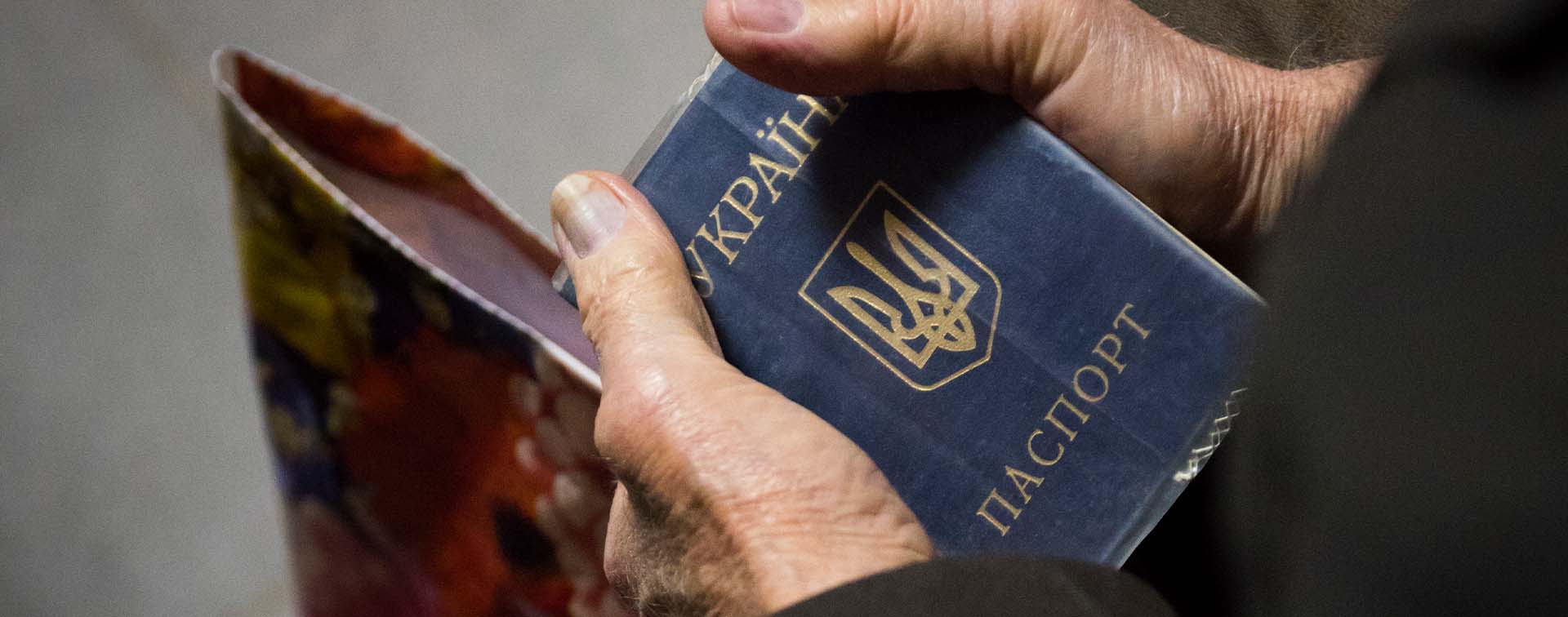
Prof. Dr. Khalid Koser is Executive Director of the Global Community Engagement and Resilience Fund (GCERF) and Member of the Governing Board of the Andan Foundation. He is currently Professor of Conflict, Peace, and Security at the University of Maastricht.
As the conflict in Ukraine nears its five-month mark, millions of Ukrainians wait anxiously in hopes of returning to their homes. In at least five ways, the Ukraine refugee crisis is exceptional in light of other refugee crises over the last few decades.
The first factor to consider is the cause of the crisis — the invasion of one sovereign state by another. Most recent conflicts and subsequent refugee crises, in contrast, have been the result of internal struggles. This matters not just as a historical anomaly but also because of its implications for finding solutions, as explained below.
Second, while the European continent has, of course, previously been impacted by displacement, including most significantly the Syrian refugee crisis of 2015, this is the first time since the mid-1990s Balkans crisis that there has been a large-scale displacement of Europeans.

Third is the number of people involved. At least five million Ukrainians have left their country, and a further seven million or so are displaced internally. In a global — not just a European — context, these are very significant numbers, making Ukrainians one of the largest refugee populations in the world, along with Syrians, Venezuelans, and Afghans.
Fourth, and in stark contrast to other affected nationalities, Ukrainians have largely been welcomed in the countries to which they have fled, for example in Poland and Germany, each of which has received at least one million refugees. Much has been made of the contrast between the largely positive response in Europe to Ukrainians, and the largely negative earlier reaction to Middle Eastern refugees in the Syrian refugee crisis.
A final striking characteristic of the Ukrainian refugee crisis is how quickly many displaced persons have gone home. It is estimated that since the start of the conflict in February 2022, about 2.3 million Ukrainians who were displaced either inside the country or abroad have already returned to their homes.
In all these ways and more, the Ukrainian refugee crisis can be considered the exception that proves the rule. The genesis of most recent conflicts makes them far more intractable than Ukraine’s, as the entire international community is actively pursuing cessation of hostilities and millions are already returning home.
The scale of the Ukrainian refugee crisis notwithstanding, the majority of the world’s refugees and internally displaced persons (at least 85%) originate and remain in the developing world, especially in the Middle East and sub-Saharan Africa. Increasingly, the global response to refugees by politicians, the media, and the public — whatever their origin and destination — is unwelcoming and hostile. And in part, this response is because most refugees in the world today remain in exile for considerable periods. In contrast to the situation in Ukraine, there are no durable solutions on the horizon.
While it is understandable that the world’s attention is focused on the Ukrainian refugee crisis, it would be a mistake to forget the many more refugees, and in most cases with far gloomier prospects, elsewhere in the world. Instead, we should learn the lessons of solidarity, generosity, and collaboration that have applied to Ukraine, and make this response the rule rather than the exception in dealing with future refugee crises.